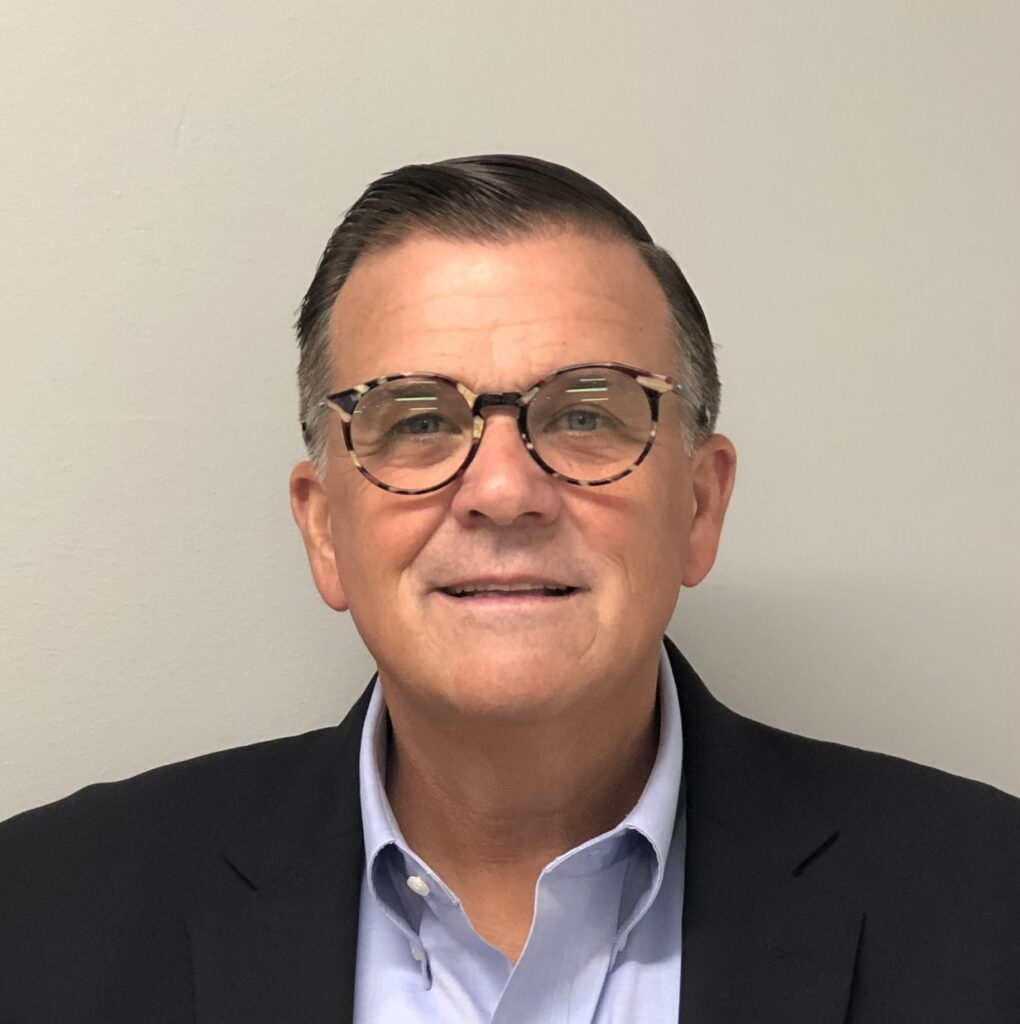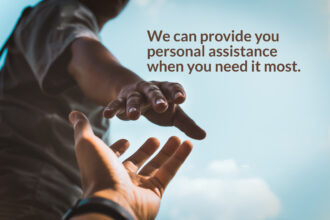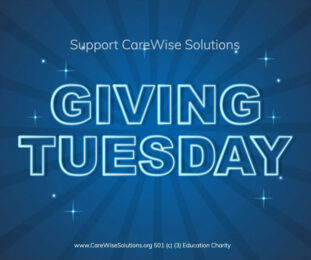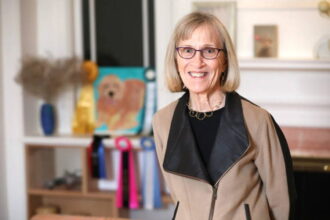Autism Society of America

Interview with Christopher Banks, President and CEO

Christopher Banks is President and CEO of the Autism Society of America, where he advocates and supports the autism community. Chris has a comprehensive background in human services and the healthcare arena, where he’s had a successful record of increasing fundraising efforts, measurably improving revenue strategies, and being a transformational leader committed to diversity, equity, and inclusion.
In Chris’ previous experiences, he provided leadership in developing, implementing, and evaluating all philanthropic and community engagement efforts. His daily work supported the organization’s impact strategy and aimed to accelerate growth while building strong community partners.
Chris’ background has always encompassed nonprofit work. Chris has been involved in various nonprofit work, including supporting educational institutions by providing scholarship opportunities for communities with disenfranchised individuals.
He has also worked with a theater training school for individuals with disabilities. “We not only taught them about acting and the theater, but we also trained them to be bakers so they could support themselves as actors and actresses.”
His work in health care centers allowed him to help others during challenging and emotional experiences and when they may have been at risk or more vulnerable. During this time, Chris was a patient service advocate, which is where he began his enlarged caregiving journey.
In this role, he was tasked with ensuring patients’ rights were upheld and that the hospital staff provided service with compassion and dignity.
All these past experiences have brought Chris to the Autism Society of America. He is constantly advocating for the disabled community and trying to provide their families with the resources they need. Chris’ job includes identifying the impact of those resources on the community and replicating them through the 73 affiliates of the Autism Society nationwide.
“This is part of who I am, so it was a natural extension to get involved in the autism community and be a part of the Autism Society.”
Chris states that no matter what organization, institution, or nonprofit you are involved in, sometimes you might lose sight of your mission while working on the strategy behind it. He goes on to share an experience he had during his time working as a patient service advocate.
“Whenever I was feeling down, challenged, or frustrated, or when I saw team members in the administration feeling that way, I would frequently say, ‘let’s go for a walk.’ Let’s go walk the halls of our hospital, and let’s go visit some of the patients and their families. Let’s go visit some of their caregivers. Let’s get back in touch with what it is we are doing here and support those delivering the direct and indirect care and support.”
It was fascinating listening to how Chris would go about empowering their staff when issues arose. This type of leadership and compassion led Chris to become involved with the Autism Society of America. Chris carries out this tactic and mindset when advocating for the autism community because he believes they will focus on diversity, equity, inclusion, acceptance, and compassion for all individuals with developmental and other disabilities.
Another critical way to advocate for all disabled individuals is to spread awareness to all parts of the country. The Autism Society does this best with the help of its 73 affiliates, where they share a tremendous relationship. Each affiliate is a separate nonprofit organization, and they all work in conjunction to advocate for the autism community. Chris empathizes how important it is to support each other and be prepared to help when challenges arise.
Chris told us how he is providing opportunities for his affiliates. The Autism Society of America and its affiliates are support centers for individuals on the spectrum. This network allows their message and advocacy to reach parts of the country where there may not be a strong presence. They also offer affiliate training to all their members while helping organize their nonprofit and bring in the necessary means for success.
The Autism Society has implemented a comprehensive source database for credible and reliable sources. One of their core services is answering calls from individuals and families and referring them to reliable resources. They also provide education, advocacy, and community services. Autism Source™ is a trademarked autism source database that has existed and grown for over 25 years. This organic database is used by affiliates and community members to easily access and navigate the thousands of resources they need.
The Autism Society is part of a consortium of intellectual and developmental disabilities communities with a common mission, values, and policy agenda. This network allows Chris Banks and his organization to set up legislative priorities that focus on community needs. Along with an extensive database and a network of nonprofits, all focused on a common goal. The Autism Society of America is breaking ground with its impactful, forward-thinking initiatives, which Chris was very kind to share with us.
The Autism Society was asked to review and provide feedback for recent bipartisan legislation drafted by Senators Casey (D-PA) and Moran (R-KS) and Representatives Wild (D-PA) and Fitzpatrick (D-PA). This legislation will provide better education to first responders to help them safely interact with individuals with developmental disabilities, including autistic individuals.

People with autism and other disabilities and caregivers must be part of the educational process. In addition, nonprofits with expertise must be consulted and involved in the training. This is one of the many examples that shows the significant impact that Chris Banks and the Autism Society have on their community. By having a solid relationship with public officials and executives, they can push their mission and goals of unifying the disabled and autistic community.
Chris has been President and CEO for almost two years. Keeping in mind the limitations COVID created, we asked Chris what has changed since he began his involvement and how it expanded their footprint and influence.
Before the pandemic, staff members could not be given accommodations for working at home, but that all changed in the matter of a weekend. Their everyday operations have changed dramatically and have become more effective than before. During the past two years, many of the Autism Society functions have been online, which has resulted in cost-effective accommodations to maximize their work quality and life potential.
Besides the work from home accommodations, the Autism Society was the first organization to offer a COVID-19 tool kit. The tool kit was available online for anyone, free of cost. To keep the community engaged and provide necessary means during a challenging period, Autism Society of America enhanced its online presence to spread awareness and to interact with their community as much as possible. They also made a conscious decision not to fundraise around these toolkits because it would steer away from their focus and mission.
Chris and the Autism Society have started working on a new advocacy initiative. In addition to advocating for their legislative agenda, they will be establishing a center for advocacy, empowerment, and justice-focused on autism. This new initiative will support all individuals who have had their civil and human rights violated due to their disability.
It will provide a safe place to attain the support, services, and direction they need for appropriate care based on self-direction and informed choice. This initiative will also include state advocacy to help increase the effectiveness of our advocacy at the state and local levels. Through these initiatives, community members will receive funding, support, and, most importantly, advocacy.
One of the fundamental ways we can advocate for individuals on the spectrum is to talk to the individuals and the community about their concerns and issues to understand their needs and know how to support them. Working for and with individuals with autism is the best way to ensure full inclusion.
The second thing that is impactful and valuable for advocacy is understanding that these are human rights issues. All individuals on the spectrum are human beings that want to be treated with respect and supported by their peers.
The final meaningful way to advocate is to challenge our elected officials and administration to support and advocate for the disabled community. “Not just because it’s the right thing to do, which it is, but because there’s so much potential there we’re not tapping into,” Chris said.
Chris says that it is detrimental to society and to our economy to not allow individuals on the spectrum to work and be a part of society. There are currently many barriers to individuals that are prohibiting them from being more economically self-sufficient. By challenging officials and policies, we can break these outdated barriers and provide more advocacy and support than ever before.
Lastly, Chris shared a valuable moment in his life that stood out to him the most. Chris tells us the story of when he was in Mexico City on a service trip. One day the group was distributing rice and beans to an impoverished community. An elderly woman with cataracted bright blue eyes approached Chris. Her eyes were so distinct that Chris recognized her and knew this was her second time in line. This woman changed her clothes and apron to go back in line to collect more rice and beans. During this moment, Chris realized what a mother would do to feed her children.
“It was a seminal moment in my life because I never had to worry about that. I don’t know what my mother did to ensure I had food, but I didn’t have to worry about it. That was over 30 years ago, but it stood out and helped shape me.”
Chris also shared a story of when he was the Assistant to the President, Rev J. A. Panuska, SJ, at the University of Scranton. From this experience, he learned whenever possible to make decisions in favor of the individual over the organization, and both will be better off in the long run.
These are among the many lessons Chris brings with him and uses in his work for the autism community.





